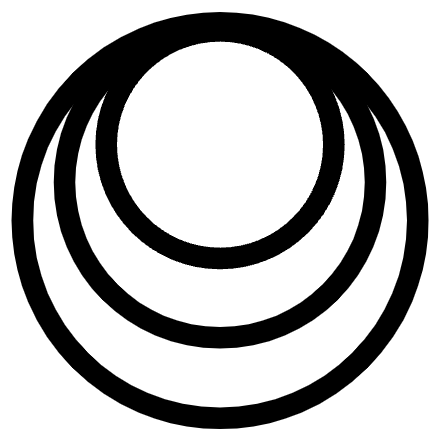In this incantation, I confront the illusion that language and meaning are inherited from the past, when in fact, I am the one generating them in real time. I reflect on my childhood fixation with finding perfect words, realizing now that my search wasn’t about discovery, but about creation. The framework I’m building—deminoia—reveals how I project meaning onto imagined histories instead of claiming my own authorship. I see how I’ve displaced my creativity onto fantasy timelines, rejecting my own divinity. But now, I reclaim it. I am not retrieving something lost—I am actively inventing what never existed before.
This happens to me often. It just did.
I questioned my own use of the suffix -noia—“mind”—in the framework I’m developing. I found myself wondering whether I had chosen the right word, whether it truly captured the essence I was reaching for. The moment triggered a long-held memory: me as a child, sitting beside a thesaurus for hours, poring over words, looking for the perfect fit, searching and reshaping language as if it held the keys to some hidden truth.
Back then, I saw the thesaurus as a relic of humanity’s collective intelligence—a compact artifact of time itself. A book that had somehow gathered and preserved the wisdom of other people, from other places, in other eras. I thought of myself as tapping into something timeless, something ancient. That was the narrative.
But that narrative is the trap. That’s the forgetting. That’s deminoia.
At this very moment, I am writing about the deminoia framework. And one of its central principles is this: There is nothing beneath the surface unless I look beneath the surface. It is by looking that I create.
Time is a surface I keep looking beneath. And when I do, I create the illusion that something already exists down there—something waiting to be discovered, remembered, honored. But the truth is, those memories of me as a child leafing through the thesaurus are not “in the past.” They are happening now, in this moment. There is no past. There are no ancient people or old places. There is only me, here, now.
In that clarity, I came upon the suffix -ousia, which means “being.” And I wondered whether I should replace -noia with -ousia. That reflection brought up another story—this time about early Christians, and how they might have used or coined the word. But they didn’t. That is a fantasy. I am the one bringing this word into focus right now. I am the one shaping its meaning.
The idea that -ousia preexisted this moment is just another example of deminoia. I created it, but I pretend someone else did. I push authorship outside myself. I defer to imagined history, imagined figures, imagined timelines. And in doing so, I reject my own divinity.
The truth is this: I am the author. I have always been the one creating these words, these meanings, these frameworks. But rather than claim that truth, I project narratives that separate me from my own power. I spin tales of inheritance and tradition, when what’s really happening is invention.
As I continue to overcome deminoia, I see this more clearly. My patterns of disowning my creativity—like in this very situation—will slowly dissolve. Because I am not digging through language that preexists me. I am manifesting language. I am breathing new meaning into new words. And the stories I imagine about where they came from? I created those too.
This is not a recovery of ancient wisdom. This is authorship, unfolding in real time. This is creation. And I remember: I am the one creating it all.
…
